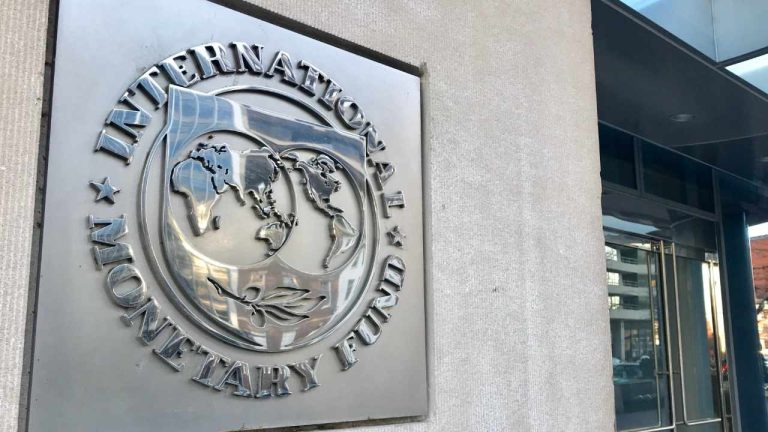
The International Monetary Fund’s (IMF) economists have cautioned that banning cryptocurrency “may not be effective in the long run.” Instead of outlawing crypto, they suggest countries should address “the drivers of crypto demand, including citizens’ unmet digital payment needs.”
IMF Economists on Crypto Adoption, Banning, and Regulation
The International Monetary Fund (IMF) published an article titled “Interest in Central Bank Digital Currencies Picks Up in Latin America and the Caribbean While Crypto Use Varies” on Thursday. The article is authored by IMF senior economist Rina Bhattacharya, economist Dmitry Vasilyev, and Mauricio Villafuerte, a division chief in the IMF’s Western Hemisphere Department.
The IMF economists highlighted that four Latin American countries (Brazil, Argentina, Colombia, and Ecuador) ranked among the top 20 countries globally in terms of crypto adoption according to Chainalysis. However, they stressed:
Crypto asset adoption also presents numerous challenges and risks, particularly for vulnerable LAC [Latin America and the Caribbean] countries with a history of macroeconomic instability, low institutional credibility, substantial capital flows, corruption, and extensive informal sectors.
The economists explained that crypto regulations vary across Latin America and the Caribbean countries. While noting that El Salvador has made bitcoin legal tender, they pointed out: “Other countries like Argentina and the Dominican Republic have prohibited the use of crypto assets due to concerns about their impact on financial stability, currency and asset substitution, tax evasion, corruption, and money laundering.”
Noting that “Crypto assets present risks that vary by country circumstances,” the economists concluded:
While a few countries have completely banned crypto assets given their risks, this approach may not be effective in the long run. The region should instead focus on addressing the drivers of crypto demand, including citizens’ unmet digital payment needs, and on improving transparency, by recording crypto asset transactions in national statistics.
What do you think about the IMF economists’ advice regarding crypto? Let us know in the comments section below.





